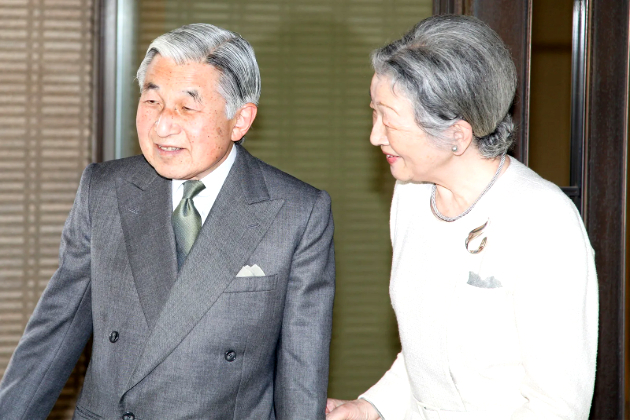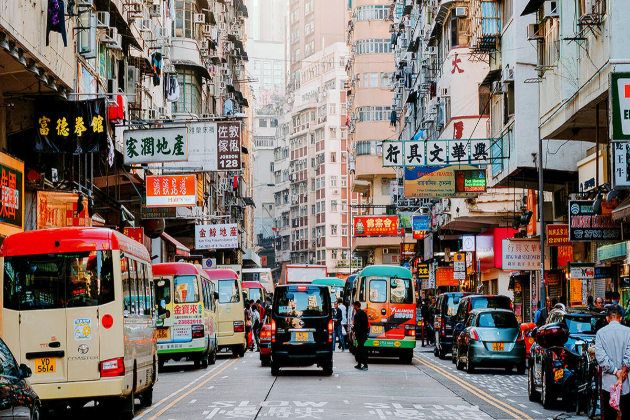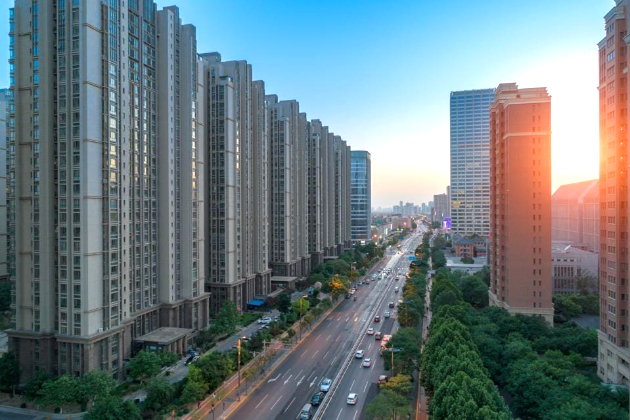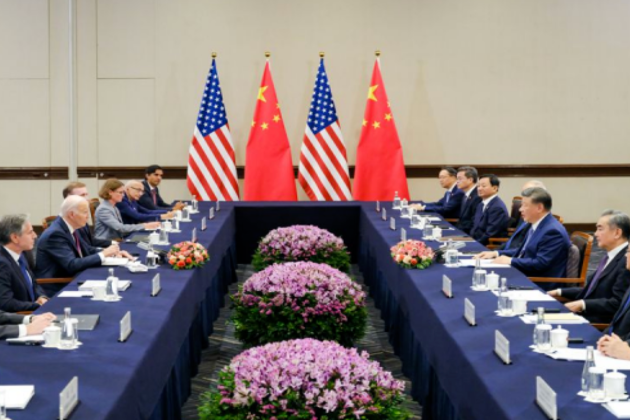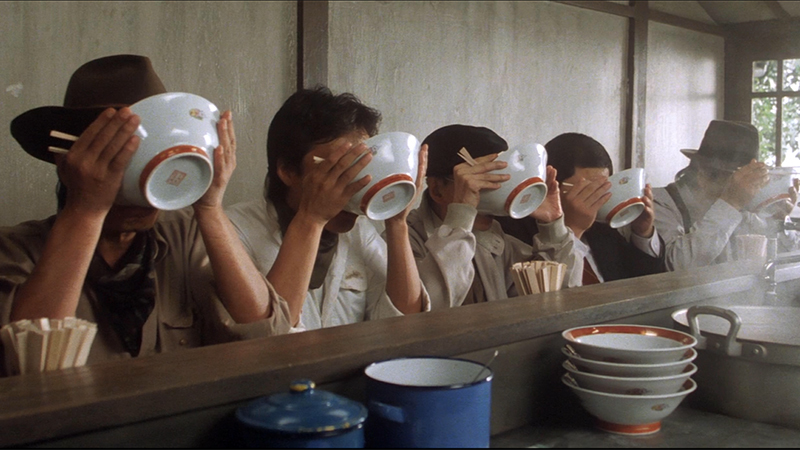Column: When rhetoric fails action: A reflection on the latest human rights council session
Xinhua
11 May 2025, 15:15 GMT+10
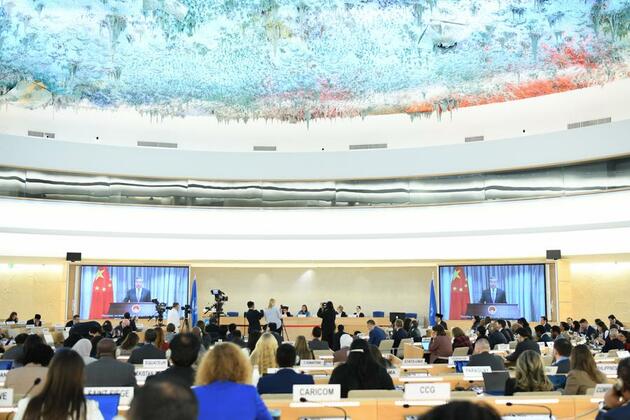
What the world needs is not political posturing, but constructive dialogue and meaningful action concerning the genuine promotion and protection of human rights.
by Yi Xin
The recently concluded 58th session of the UN Human Rights Council in Geneva once again shone a spotlight on the complex and often contentious landscape of global human rights governance.
While the council remains a vital platform for promoting and protecting human rights, its work is not without challenges. Western nations, in particular, have been guilty of instrumentalizing human rights to advance their geopolitical agenda while conveniently ignoring their own checkered human rights records. This hypocrisy hinders the genuine promotion and protection of human rights worldwide.
During the session, Western delegates were quick to criticize some developing countries, accusing them of human rights violations. Yet, they turned a blind eye to the severe human rights crises within their own borders.
In some Western countries, immigrants and refugees are facing deplorable living conditions, with overcrowded detention centers and inadequate access to healthcare and education. Racial profiling and police brutality against minority groups continue to plague societies, sparking widespread social unrest. These issues, well-documented in various human rights reports, are often downplayed by Western governments.
Such a selective approach raises a critical question: When hypocritical sermons drown out tangible progress, how can human rights be truly protected?
After all, what the world needs is not political posturing, but constructive dialogue and meaningful action.
The West's flawed approach to human rights can be attributed to some deep-seated issues. Firstly, taking human rights as a tool of ideological hegemony. By defining human rights in a narrow and Western-centric manner, these nations seek to impose their values and governance models on others. This approach disregards the diverse cultural, social and economic contexts of different countries, marginalizing non-Western perspectives.
Secondly, discrediting non-Western governance models with flawed metrics. Western nations often rely on selective indicators and biased assessments to criticize other countries. These metrics fail to account for the complex challenges facing developing countries and ignore their progress in improving livelihoods. By doing so, the West aims to undermine the legitimacy of non-Western governments and assert dominance in the global human rights discourse.
In contrast, Global South countries have been working diligently to depoliticize the council and promote a more inclusive human rights agenda. They emphasize the importance of economic, social and cultural rights as well as the right to development.
Take the African Continental Free Trade Area. It is a significant initiative that boosts intra-African trade and economic integration. By creating more opportunities for growth, it helps to lift millions out of poverty, improving access to basic rights like food, housing and healthcare.
Global South countries have also been at the forefront of addressing common challenges. Countries like China and Cuba have been sending medical teams to assist those in need worldwide for decades, treating hundreds of millions of patients.
More than 100 countries and over 20 international organizations, including the United Nations, have actively supported and participated in the Global Development Initiative (GDI), and over 80 countries have joined the Group of Friends of the GDI, strengthening development synergy, capacity building and win-win cooperation.
In the aftermath of the catastrophic earthquake that struck Myanmar earlier this year, neighboring countries swiftly dispatched relief aid and rescue teams, demonstrating the power of unity. In a word, Global South countries are working in solidarity to address real challenges in people's livelihoods.
China's people-centered approach offers valuable insights. Over the past decades, China has lifted over 800 million people out of poverty through sustained economic growth and targeted poverty alleviation programs. This achievement has significantly improved living standards and provided greater access to education and healthcare. The country's consistent focus on improving social security and accessibility for the elderly ensures their comfort, convenience and dignity. The Beijing Declaration and Platform for Action, adopted 30 years ago, continues to shine in the annals of gender equality and women's empowerment, as China will host the Global Summit of Women again in the second half of this year.
China's emphasis on the collective rights to subsistence and development reflects its understanding that human rights are not just about individual freedom but also about the well-being of communities and societies as a whole, and its vision that people of all countries share the same future.
While the council faces significant challenges, it remains a crucial platform for addressing human rights issues globally. The international community must work together to strengthen the council's effectiveness and credibility. This requires the West to genuinely reconcile its moral posturing with the record of violence and neglect.
Only by centering on the needs of the marginalized, rather than the interests of the powerful, can human rights transcend performative symbolism and become a force for positive change.
It is time for the international community to work collectively and foster an environment of cooperation and dialogue, ensuring that all voices are heard and that actions align with the ideals of promoting and protecting human rights for all.
Editor's note: Yi Xin is a Beijing-based observer of international affairs.
The views expressed in this article are those of the author and do not necessarily reflect those of Xinhua News Agency.
 Share
Share
 Tweet
Tweet
 Share
Share
 Flip
Flip
 Email
Email
Watch latest videos
Subscribe and Follow
Get a daily dose of Japan Herald news through our daily email, its complimentary and keeps you fully up to date with world and business news as well.
News RELEASES
Publish news of your business, community or sports group, personnel appointments, major event and more by submitting a news release to Japan Herald.
More InformationAsia Pacific
SectionTrucker’s body found months after road collapse in Japan
TOKYO, Japan: After nearly three months of complex recovery efforts, the body of a 74-year-old truck driver was found late last week...
Emperor Emeritus Akihito, 91, hospitalized for heart tests
TOKYO, Japan: Emperor Emeritus Akihito, 91, will be hospitalized for heart examinations after doctors detected a potential issue during...
Hong Kong's economy grows 3.1 percent in Q1, marks ninth straight gain
HONG KONG: Hong Kong's economy grew by 3.1 percent in the first quarter of this year compared to the same period last year, according...
Chinese homeowners slash prices amid resale glut
BEIJING, China: Homeowners in China are slashing prices to attract buyers as a growing number of resale properties flood the market....
Italian Open: World number one Sinner makes return to competition with win over Navone
Rome [Italy], May 11 (ANI): The world number one tennis star Jannik Sinner made his return to the tennis court after serving his suspension,...
Column: When rhetoric fails action: A reflection on the latest human rights council session
Chinese Foreign Minister Wang Yi, also a member of the Political Bureau of the Communist Party of China Central Committee, delivers...
Business
SectionUS and China officials to hold key trade talks in Switzerland
WASHINGTON/BEIJING: U.S. Treasury Secretary Scott Bessent and lead trade negotiator Jamieson Greer are meeting China's top economic...
Disney surpasses earnings forecasts on streaming and parks strength
LOS ANGELES, California: Walt Disney Co. posted stronger-than-expected quarterly earnings, buoyed by solid gains in its Disney+ streaming...
Skechers to go private in $9.42 billion deal
MANHATTAN BEACH, California: After more than two decades as a public company, Skechers is set to go private in a US$9.42 billion deal...
BMW expects US tariff cuts by July amid trade talks
FRANKFURT/LONDON: BMW is anticipating a reduction in U.S. car tariffs starting in July, based on ongoing discussions with U.S. officials,...
DOJ targets Google’s AdX and DFP in antitrust case
MOUNTAIN VIEW, California: The U.S. Department of Justice is seeking the breakup of Google's digital advertising business, calling...
EU plans Russian gas exit by 2027
BRUSSELS, Belgium: The European Union is preparing to unveil a detailed plan to reduce its reliance on Russian gas, including a proposal...


